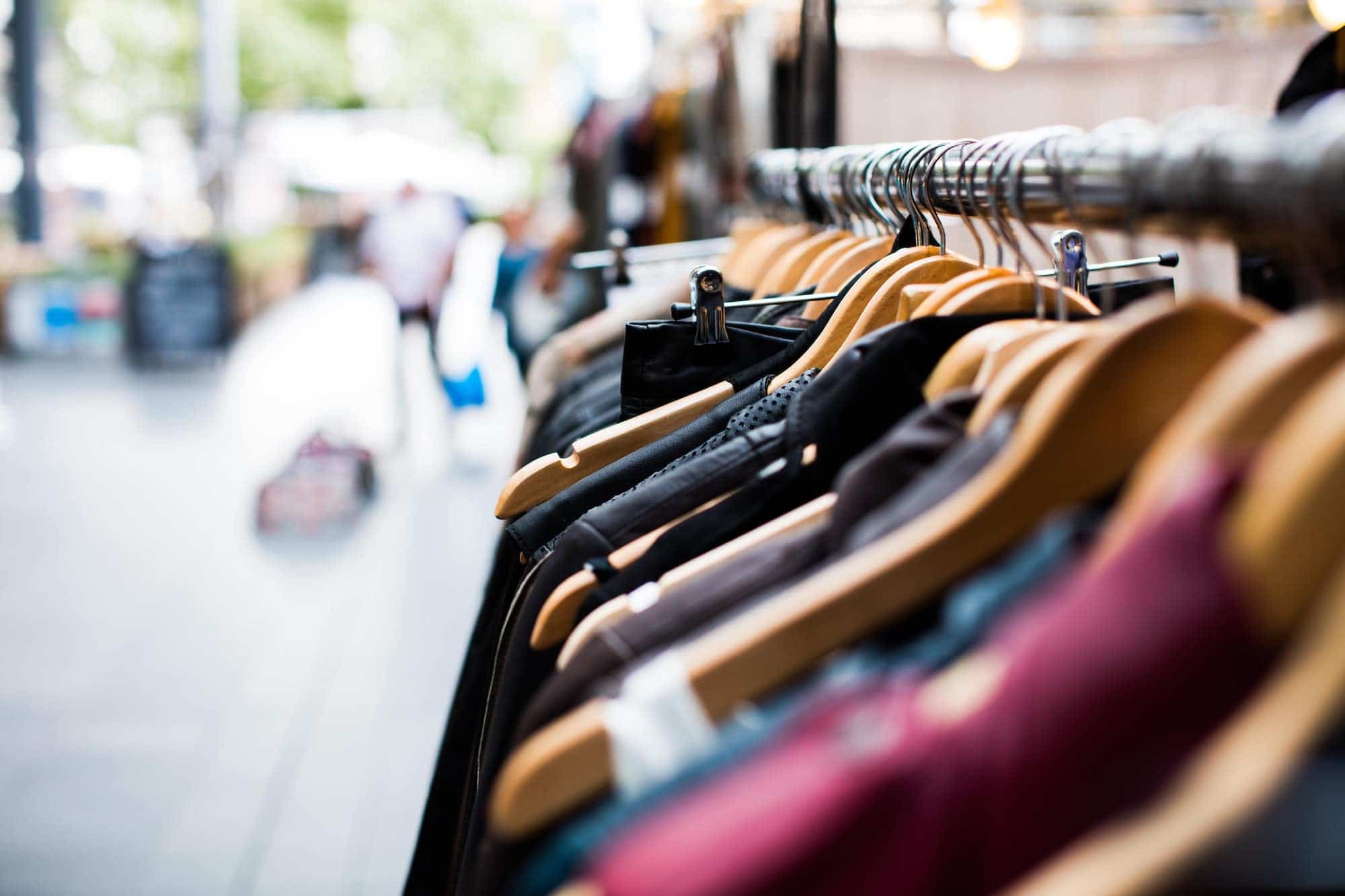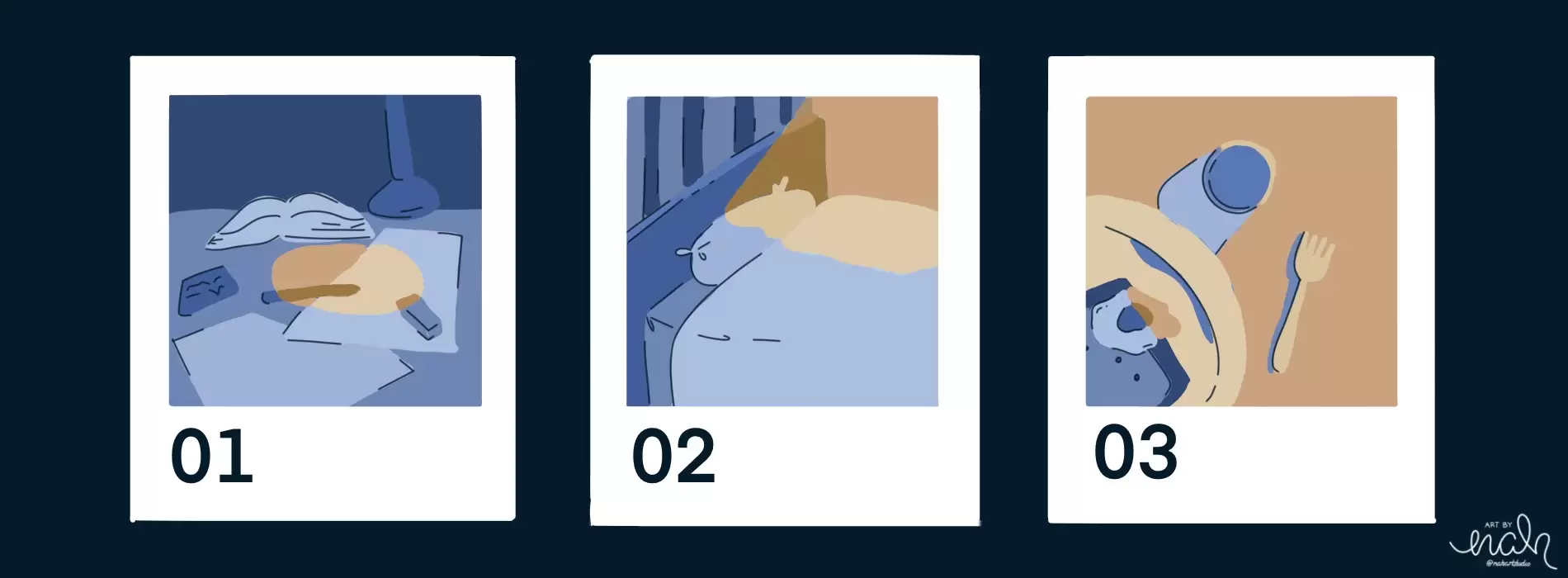Your IB exams are fast approaching and you’re looking for any way to boost your marks. But did you know that what you wear to your IB exams can make a real difference to your success? If you have the option of wearing your own clothes, choosing certain pieces can influence our psychology when we sit down and take tests. We’ve looked into the research so you don’t have to, proving that your outfit can help you to be outstanding in the exam room.

What Does the Science Say?
According to a study published in Social Psychological & Personality Science, wearing more formal clothing than those around you when taking a test/exam actually will lead you to think more creatively and more abstractly. This finding was not necessarily new, as there have been multiple studies, going back to 2002, that your clothing impacts your thoughts. A famous study in 2012 showed that when putting on a white lab coat students tend to be more attentive and pay closer attention to detail. In fact, when students were told that the lab coat belonged to a doctor, not a painter, they became even more attentive!
Perhaps most interestingly, it isn’t the actual clothing that impacts the way your brain thinks, but it’s how formal your clothing is in comparison to your peers. So even if you’re dressing up, if your peers are dressed even more formally than you, you might not see the results that we’re describing! It’s all a relative effect.
So, does wearing formal/informal clothing actually make you smarter? No. Wearing the ‘right’ clothing for a certain exam, though, may guide your brain to think in the way that would be optimal for the exam that you’re taking! Let us show you what we mean.
When to Wear Formal Clothing
Have you ever wondered why Oxford students wear those fancy uniforms when they take their university exams? Our outfits can reinforce or reverse our mindset when it comes to how we approach exams. It has been found that more ‘formal’ clothing makes us think of ourselves as more ‘cultivated’. This is particularly important for more abstract lines of questioning – such as those found in the Group 3 subjects – and thus make a tangible difference to how we think when we sit down to write those essays.
Formal attire can also make us feel more ‘professional’ and thus ‘focused’. Dressing up in this way could be a good idea for that exam where you tend to get distracted or lost as you go through. But don’t go too OTT. A buttoned shirt or blouse, a nice pair of trousers and even some smart shoes are enough to make you feel like it’s time for business.
When to Wear Informal Clothing
According to Abraham Rutchick of California State University, wearing formalwear to, for example, an engineering exam will actually make you do worse! Any type of exam that requires ‘concrete’ thinking you might be better to dress down than to dress up. In the IB, the sciences, economics, physics, may all be examples of such subjects. Wearing overly formal clothing may cause you to over complicate situations, or add layers of complexity that simply don’t need to be there in order to get the full marks! Within these courses, keep things simple, keep things concrete, and wear more comfortable clothing.
So what should you wear when dressing for your ‘informal’ exams? We recommend
- a loose-fitting top – a sweater or t-shirt that you can easily move around in and won’t make you feel constricted,
- layers – who knows how warm or cold it’ll be in the exam hall so be prepared,
- comfortable jeans – jeans are the perfect mix between dressing up and PJ’s. You don’t want to go too informal as it’ll feel like you just rolled out of bed! We need to wake up the brain, so pop on your favourite pair of jeans.
There you have it! Our two cents on the outfit that will make sure you dress for success. Hopefully, you now have some ideas what to wear to your IB exams. Who knew that there was so much science behind clothing!?




